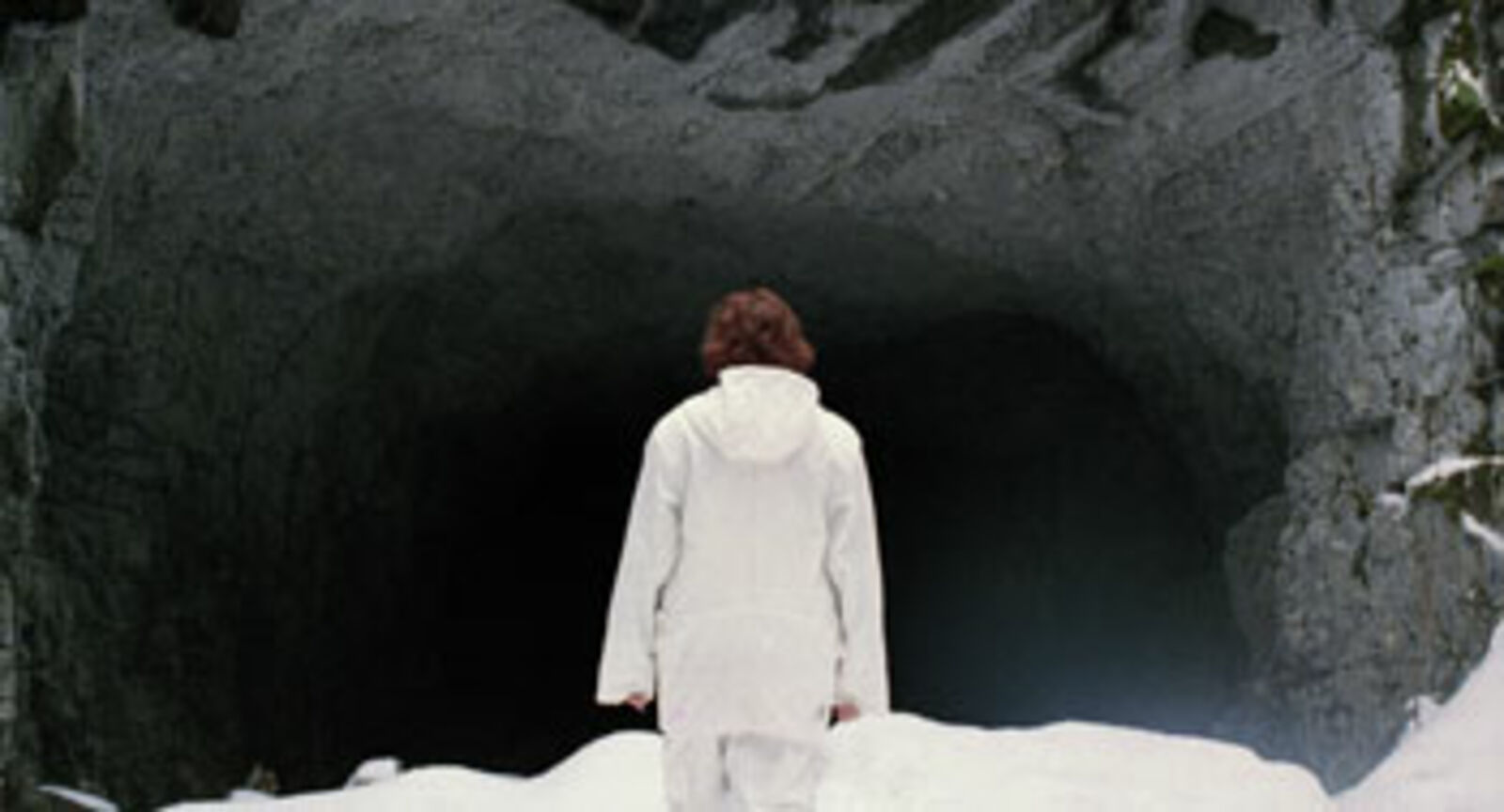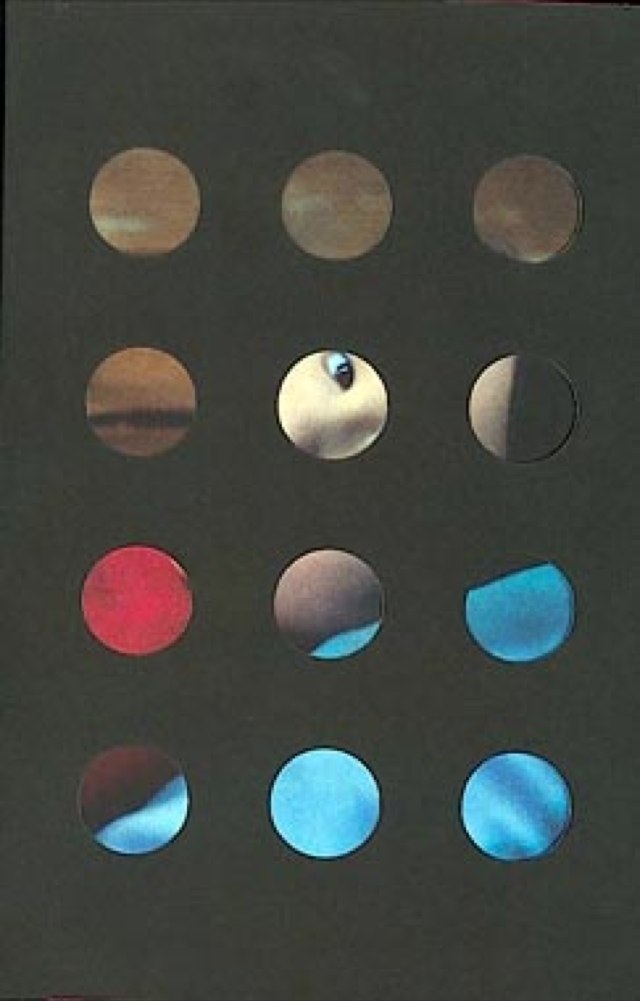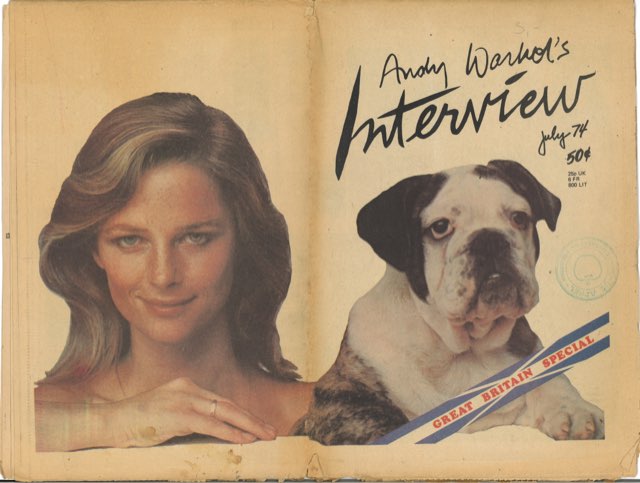Salla Tykka "Lucid dreams"
24.06–09.07.2006
de Appel, Nieuwe Spiegelstraat 10 & Museum het Domein Sittard
de Appel, Nieuwe Spiegelstraat 10 & Museum het Domein Sittard

DE APPEL and museum HET DOMEIN present the first Dutch solo project and the first comprehensive oeuvre catalogue of Finnish artist Salla Tykkä (1973, Helsinki).
After her celebrated trilogy Cave (2000-2003), the Finnish artist has been working on a new production for the last two years that will have its first screening in the Netherlands. The film Zoo (2006), screened in both Amsterdam and Sittard is an evocative, lyrical exploration of the dynamic of 'seeing and being seen' and also probes the (power) relations between nature/culture, male/female and object/subject. De Appel presents Zoo in a continuous screening, accompanied by the related photographic series Black Water (2004 - 2006). The film and group of photographs will be on show in Amsterdam from 24 June until 9 July. A retrospective of the work of Tykkä with the films Power (1999), the trilogy CAVE (2000-2003) and the previously mentioned photo series Black Water, and Zoo will be exhibited in Het Domein, Sittard from 24 June until 20 August.
Satellite programme:
Ensemble 88 will be performing the music composed by Max Savikangas for the soundtrack of Tykkä's latest film Zoo. Entrance is free. Please book in advance.
Sunday 25 June / 12:00 p.m. / Het Domein
Sunday 9 July / 5 p.m. / De Appel
Catalogue:
A monograph on the work of Salla Tykkä will be published to accompany the exhibitions. With essays by Antti Alanen, Ann Demeester, Stijn Huijts and Eva Wittocx; language: English; 192 pages, full colour. The monograph, a co-production of De Appel, Het Domein and SMAK - the museum for contemporary art in Gent (B), will be available from 23 June from the participating institutions. Copies can also be ordered online via www.deappel.nl and www.hetdomein.nl
In Zoo Tykkä indirectly refers to the work of Alfred Hitchcock. In a suit and high heels, Finnish actress Terhi Suorlahti could be a sort of hybrid of Hitchcocks' favourite actresses Kim Novak and Tippi Hedren. The single-lens reflex camera over her shoulder, the retro outfit, upswept hair topped off by the melodramatic music and setting are reminiscent of and invite comparisons with a film like The Birds.
Zoo presents us with a young woman as she traverses an almost deserted animal park. She pauses every now and then to take a photograph but, overtaken by sudden doubt, keeps lowering the camera. The images the woman sees through the lens mobilize other images buried in her memory. In these 'flashbacks' we see sequences from an underwater rugby match. The game could act as a sort of metaphor for the universal human 'struggle for survival', the constant interplay of urges for self preservation and feelings of solidarity. As the film progresses the protagonist, initially concerned with photographing the zoo's residents, comes to realize that her role is not only that of observer, but also of observed. The camera seems to follow her and she takes drastic steps in a bid to escape this reduction to 'image' or 'representation' by the eye of the camera. With this succession of psychological references and iconographic associations, Tykkä seems to be saying that our perception is largely determined by our everyday interaction with photographic and filmic images.
The duality of subject-object relations is a theme in Zoo, and Tykkä's earlier work. In the film Power (1999) she related it to the psychological relations between the sexes by staging a confrontational boxing match between herself, topless, and a male opponent. Accompanied by the soundtrack to the film Rocky, with Power Tykkä disrupts the stereotypical and varied conventions surrounding this theme.
The well-known video installation CAVE, a trilogy of the films Lasso, Thriller and Cave (2000-2003), follows moments in the lives of three women, in an exploration of the crucial rites of passage from childhood to adulthood. Together, the three films form a penetrating narrative of lust and aggression, fascination and gentleness, distance and empathy. As the titles of the three films suggest, Tykkä deploys elements, motifs and music drawn from classic film genres like the Western and the thriller. The situations described in the films are quite simple and mundane. However, Tykkä captures scenes with an ambiguity and mystery that the films develop a breathtaking dynamism. "I was intrigued by the immaterial nature of film and video and their ability to resemble reality and its elements, such as dreams and memories", says the artist. Despite their photo-realistic setting, Tykkä's films convey meaning through suggestion rather than an unambiguous narrative. The images may have a razor-sharp clarity but possess the layered evanescence of dreams. More precisely, lucid dreams.
Salla Tykkä was born in Helsinki 1973. She studied at the Academy of Fine Arts in Helsinki from 1995-1999, from where she also graduated with a Master of Fine Arts degree in 2003. Tykkä won international acclaim during the 2001 Venice Biennial with her work Lasso. In February 2006 she had a solo exhibition at gallery Yvon Lambert in New York. For information: http://www.sallatykka.com
De Appel and Het Domein co-produced Zoo; the film will also be presented in Palais de Tokyo in Paris (9 June - 27 August) and in SMAK in Gent (8 July - 1 October).
The exhibition is realized with the support of: Barry Covats; Galerie Yvon Lambert, Paris; the Finnish Embassy, The Hague and FRAME, Helsinki.
After her celebrated trilogy Cave (2000-2003), the Finnish artist has been working on a new production for the last two years that will have its first screening in the Netherlands. The film Zoo (2006), screened in both Amsterdam and Sittard is an evocative, lyrical exploration of the dynamic of 'seeing and being seen' and also probes the (power) relations between nature/culture, male/female and object/subject. De Appel presents Zoo in a continuous screening, accompanied by the related photographic series Black Water (2004 - 2006). The film and group of photographs will be on show in Amsterdam from 24 June until 9 July. A retrospective of the work of Tykkä with the films Power (1999), the trilogy CAVE (2000-2003) and the previously mentioned photo series Black Water, and Zoo will be exhibited in Het Domein, Sittard from 24 June until 20 August.
Satellite programme:
Ensemble 88 will be performing the music composed by Max Savikangas for the soundtrack of Tykkä's latest film Zoo. Entrance is free. Please book in advance.
Sunday 25 June / 12:00 p.m. / Het Domein
Sunday 9 July / 5 p.m. / De Appel
Catalogue:
A monograph on the work of Salla Tykkä will be published to accompany the exhibitions. With essays by Antti Alanen, Ann Demeester, Stijn Huijts and Eva Wittocx; language: English; 192 pages, full colour. The monograph, a co-production of De Appel, Het Domein and SMAK - the museum for contemporary art in Gent (B), will be available from 23 June from the participating institutions. Copies can also be ordered online via www.deappel.nl and www.hetdomein.nl
In Zoo Tykkä indirectly refers to the work of Alfred Hitchcock. In a suit and high heels, Finnish actress Terhi Suorlahti could be a sort of hybrid of Hitchcocks' favourite actresses Kim Novak and Tippi Hedren. The single-lens reflex camera over her shoulder, the retro outfit, upswept hair topped off by the melodramatic music and setting are reminiscent of and invite comparisons with a film like The Birds.
Zoo presents us with a young woman as she traverses an almost deserted animal park. She pauses every now and then to take a photograph but, overtaken by sudden doubt, keeps lowering the camera. The images the woman sees through the lens mobilize other images buried in her memory. In these 'flashbacks' we see sequences from an underwater rugby match. The game could act as a sort of metaphor for the universal human 'struggle for survival', the constant interplay of urges for self preservation and feelings of solidarity. As the film progresses the protagonist, initially concerned with photographing the zoo's residents, comes to realize that her role is not only that of observer, but also of observed. The camera seems to follow her and she takes drastic steps in a bid to escape this reduction to 'image' or 'representation' by the eye of the camera. With this succession of psychological references and iconographic associations, Tykkä seems to be saying that our perception is largely determined by our everyday interaction with photographic and filmic images.
The duality of subject-object relations is a theme in Zoo, and Tykkä's earlier work. In the film Power (1999) she related it to the psychological relations between the sexes by staging a confrontational boxing match between herself, topless, and a male opponent. Accompanied by the soundtrack to the film Rocky, with Power Tykkä disrupts the stereotypical and varied conventions surrounding this theme.
The well-known video installation CAVE, a trilogy of the films Lasso, Thriller and Cave (2000-2003), follows moments in the lives of three women, in an exploration of the crucial rites of passage from childhood to adulthood. Together, the three films form a penetrating narrative of lust and aggression, fascination and gentleness, distance and empathy. As the titles of the three films suggest, Tykkä deploys elements, motifs and music drawn from classic film genres like the Western and the thriller. The situations described in the films are quite simple and mundane. However, Tykkä captures scenes with an ambiguity and mystery that the films develop a breathtaking dynamism. "I was intrigued by the immaterial nature of film and video and their ability to resemble reality and its elements, such as dreams and memories", says the artist. Despite their photo-realistic setting, Tykkä's films convey meaning through suggestion rather than an unambiguous narrative. The images may have a razor-sharp clarity but possess the layered evanescence of dreams. More precisely, lucid dreams.
Salla Tykkä was born in Helsinki 1973. She studied at the Academy of Fine Arts in Helsinki from 1995-1999, from where she also graduated with a Master of Fine Arts degree in 2003. Tykkä won international acclaim during the 2001 Venice Biennial with her work Lasso. In February 2006 she had a solo exhibition at gallery Yvon Lambert in New York. For information: http://www.sallatykka.com
De Appel and Het Domein co-produced Zoo; the film will also be presented in Palais de Tokyo in Paris (9 June - 27 August) and in SMAK in Gent (8 July - 1 October).
The exhibition is realized with the support of: Barry Covats; Galerie Yvon Lambert, Paris; the Finnish Embassy, The Hague and FRAME, Helsinki.
See also



